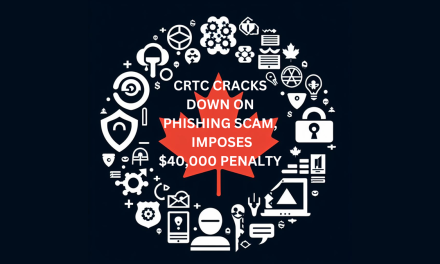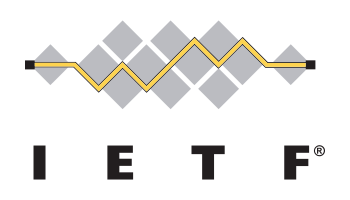Jay Fink had an interesting little business. If you lived in California, you could give him access to your email account, he’d look through the spam folder for spam that appeared to violate the state anti-spam law, and give you a spreadsheet and a file of PDFs. You could then sue the spammers, and if you won, you’d give Fink part of the money as his fee.
While the federal CAN SPAM law largely preempts state laws, it lets states add their own penalties for fraudulent or misleading spam. California is one of the few states with a usable law, and one of the few that lets spam recipients sue in small claims court. The spammers tend to pay to settle rather than going to court (because they are pretty sure they’d lose) so this was a way to make life more difficult for the spammers, paid for by the spammers.
Last July, the state of California shut him down, saying that the stuff he was doing needed a Private Investigator (PI) license. The license is quite expensive and requires 6,000 hours of training in a field like arson investigation or insurance adjustment. Fink thought this was ridiculous, since none of the training would have anything to do with looking for spam, and the requirements were grossly excessive for what he did. He sued the state, supported by the Institute for Justice, a libertarian public interest law firm.
Last week the parties filed the first substantive exchange, in which the state moved to dismiss the case, and Fink’s lawyers said not so fast.
Fink argued that what he was doing, reading and organizing email, was speech, and so is protected by the First Amendment. He also made some due process claims under the Fourteenth Amendment, but the First Amendment claims are more interesting.
In its brief, the state argues that no, it’s not speech, and even if it is speech, it’s commercial speech. Courts have held that commercial speech is less protected than other speech in a case called Central Hudson.
They also argued that the training he’d get would be useful, e.g., in preparing evidence for a trial or keeping people’s email confidential. And finally they argued that every kind of work involves speech, so if you believe Fink’s claim that what he’s doing is speech, they couldn’t require licenses of anyone.
The Institute for Justice filed Fink’s reply. They refute each of the state’s arguments in detail.
They start by arguing that the state has misinterpreted many of the cases they depend on. For example, Central Hudson is essentially about advertising, so while it might allow them to regulate his ads, which are not at issue here, it’s irrelevant to the work he does. They cite cases showing that what matters for the First Amendment is what you’re doing, not if you’re paid for it. They note that many people allow others to read their mail, e.g., assistants to executives, and the only difference here is that the result might be used in a lawsuit, not a difference that they say the law recognizes.
They dismiss the claim that a license would make him do this job better. (In a footnote they point out that if the state is worried about confidentiality, they could require him to have an NDA with his clients, which he probably does anyway.) And they rather briskly dismiss the argument that every licensed profession involves speech, noting that a doctor or lawyer does other stuff than speech, e.g., treating patients or representing people in court, while Fink’s work is only speech.
There’s more, and they also reiterate how utterly unrelated the training for a PI license is to what Fink is doing.
I think Fink’s argument is more persuasive here. But since this is a motion to dismiss, all that can happen is that either the judge rules for the state and the case is over, or for Fink and the case proceeds to the next stage. Stay tuned.



















